
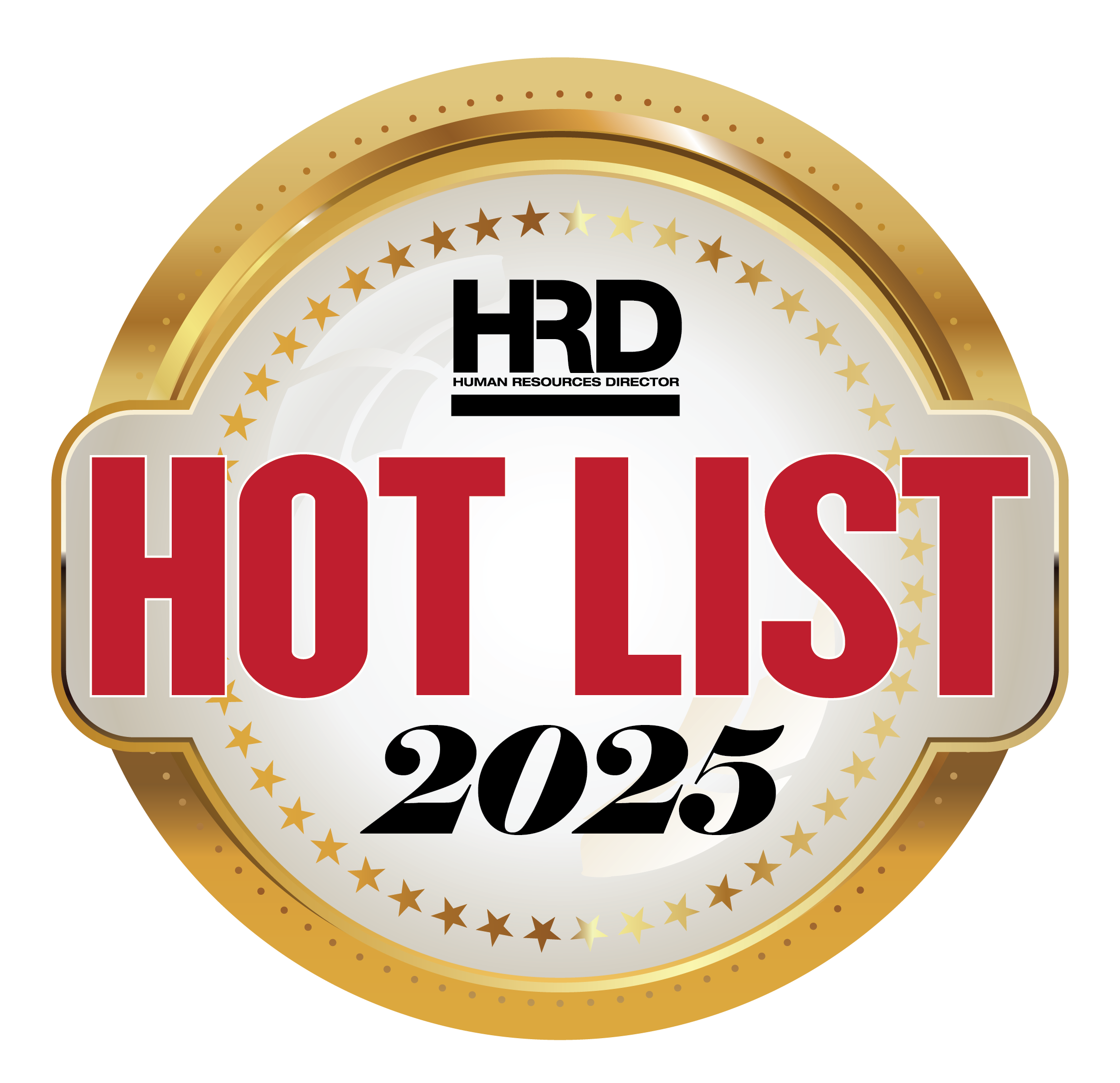
Jump to winners | Jump to methodology
The challenge facing HR leaders across Australia and New Zealand has moved beyond dealing with staff turnover issues, which dominated the post-pandemic landscape.
Mercer’s 2025 Australia Total Remuneration Survey states employee turnovers are now back to pre-pandemic levels, with 90% of employers in New Zealand and 87% in Australia confident that turnovers are manageable or a non-issue at best.
“This year is all about embracing change and any top leader, any top performer across HR, at the moment, needs to be willing to embrace change and work closely with the business leaders around that change,” says Gareth Jones, Evolve leader from Mercer Australia.
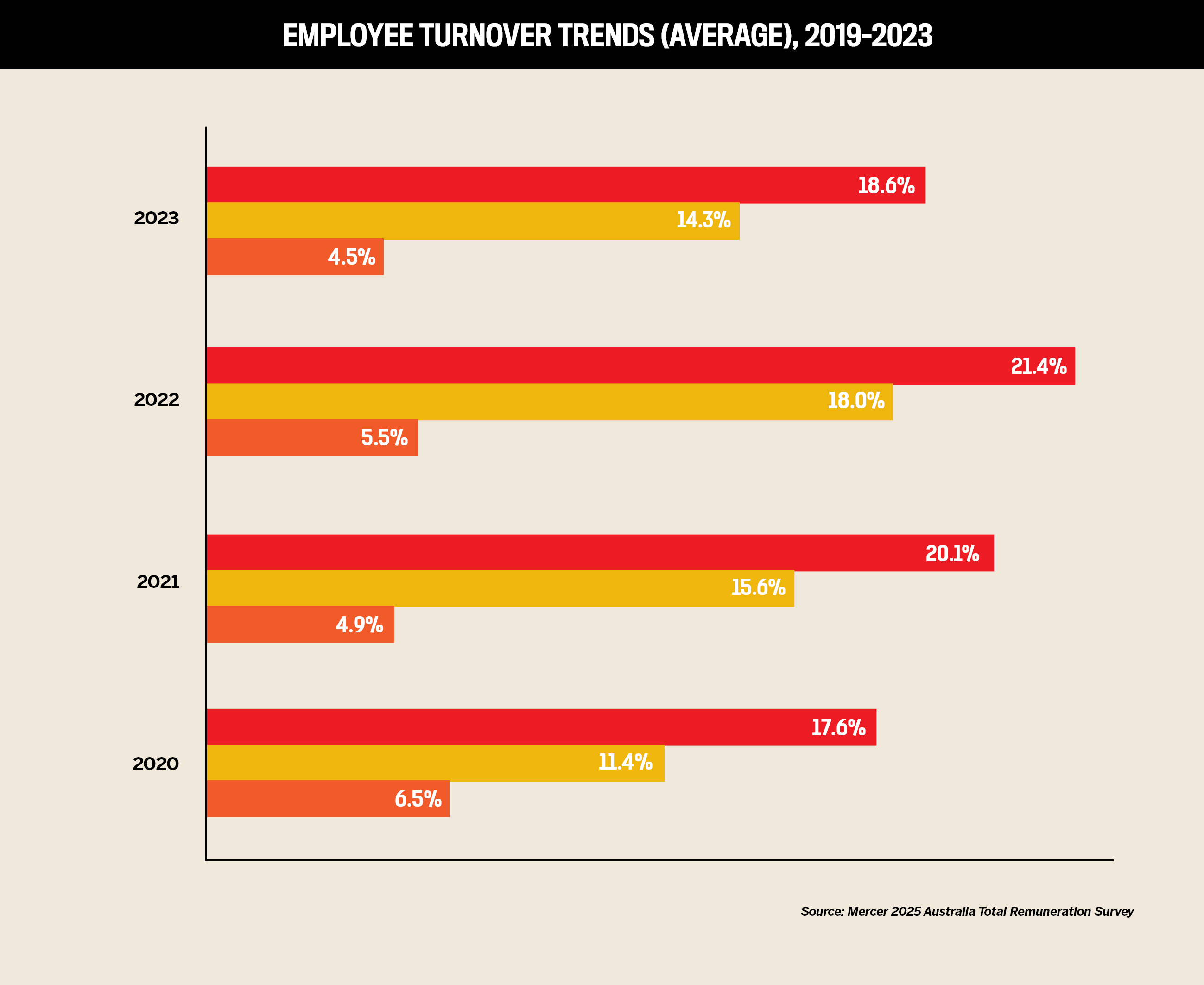
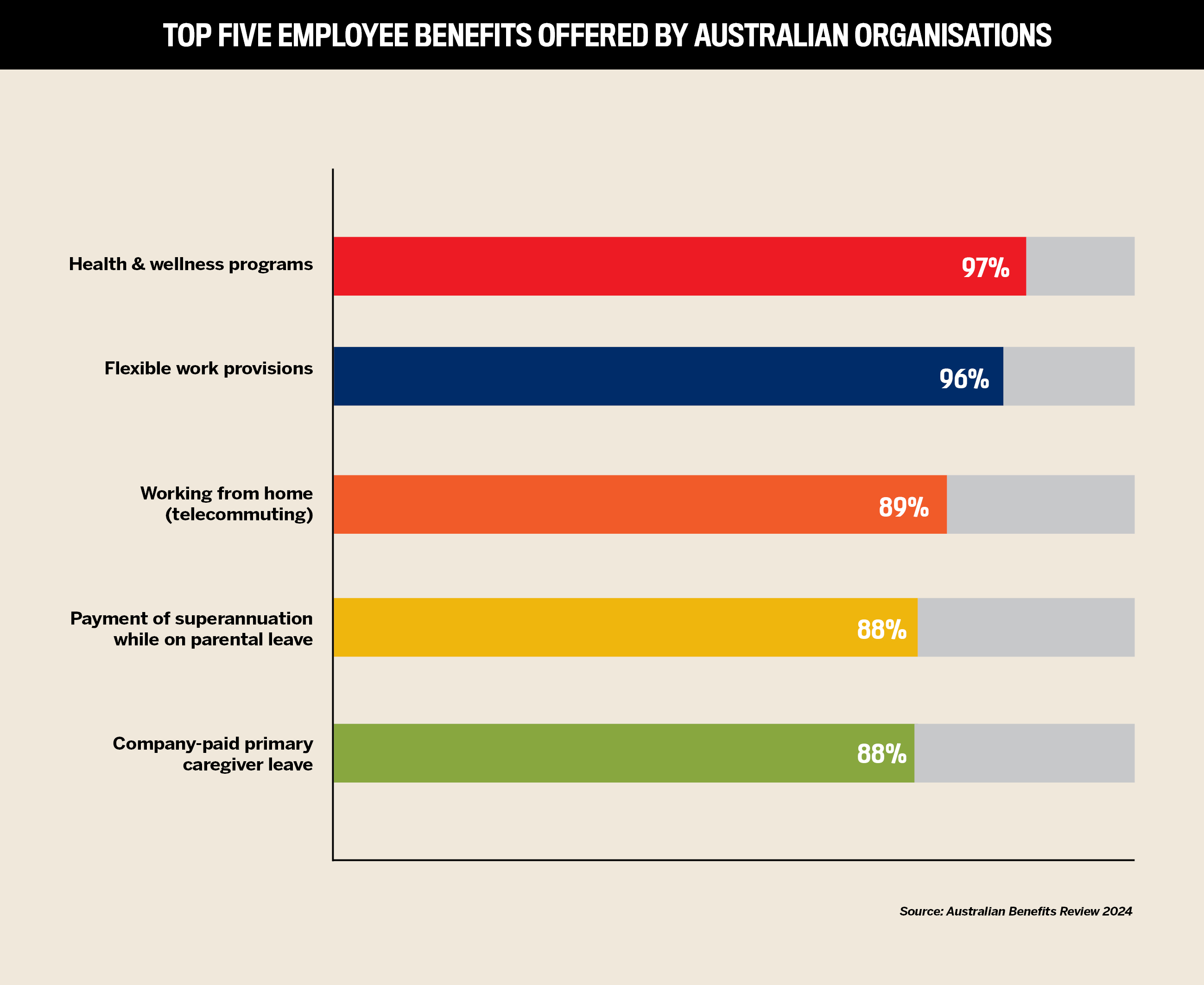
According to a Gartner survey, 74% of CEOs remarked that AI is the technology that will impact their industry the most this year.
A vital remit that the best HR executives in Australia and New Zealand are fulfilling is guiding their workforces through the adoption of AI and tech-based platforms.
“Trust and the interest the employees have in the organisation is the biggest challenge that every organisation is going through at the moment,” says Jones. “It’s building trust and fairness throughout the whole workforce with the advent of technology platforms and tools that are coming into the business, as there is a slight skepticism among the workforce.”
While the fundamentals of HR’s role remain, the adoption of tech means that team members have to feel it’s there to help them work better.
Jones says, “The challenge that HR leaders have at the moment is building a culture of resilience so they can be supporting those employees through the change and through the technology uplift.”
Post-pandemic work environments and employee aspirations are constantly evolving. Mercer’s study reveals that 10% of employees are willing to forgo pay increase for more flexibility.
Those recognised on HRD’s Hot List 2025 have managed to navigate the current environment and are leading their organisations forward with purpose and direction. All hold at least 10 years of experience in a senior HR role and have been honoured for their contributions over the past 12 months.
The prestigious list of winners is dominated by women (84%) and 60% have over two decades of experience.
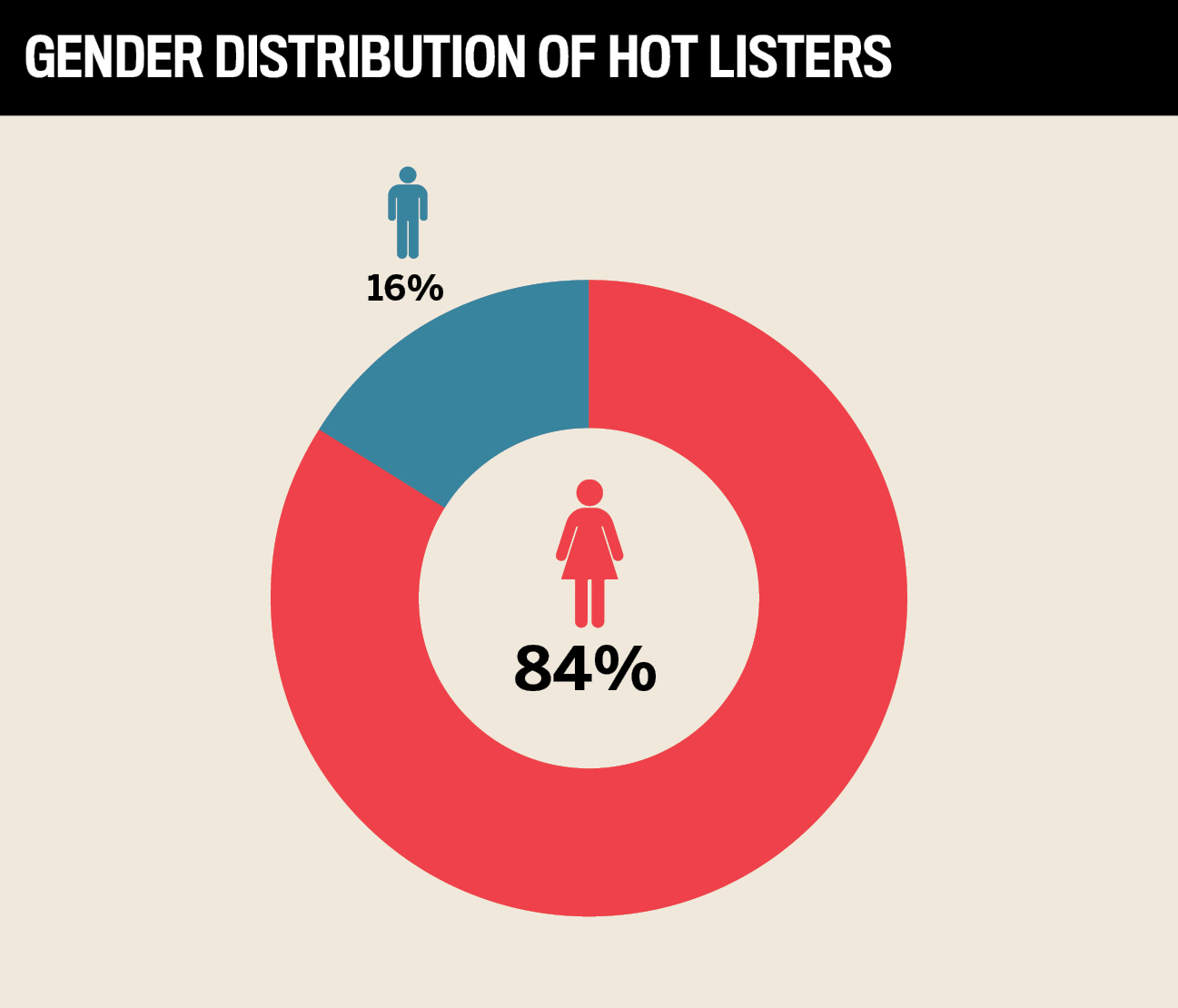
“AI is just the beginning. We believe technology and HR need to be best friends,” says Bourne.
Under her leadership, Citycare Property, which delivers services to central and local governments, is leveraging technology to enhance the employee experience and drive continuous HR improvements.
“We currently use AI to analyse survey comments, draft policies, and update position descriptions. Beyond that, we’re exploring the future of work, like trialling robotic mowers and considering how to equip employees for emerging technologies. We’re also looking into how we can utilise augmented reality (AR) for onboarding and learning into the future,” she says.
Integrating AI and technology into daily business operations is not without its caveats. Findings from Oliver Wyman Forum’s 2024 report on generative AI reveals the confusion that many employees feel about the new tech. While 96% of surveyed employees believe that AI is useful in their current job, 60% are afraid that AI automations will render them obsolete.
Jones emphasizes the importance of HR in building trust, saying, “There is less resilience in the workforce these days because of the skepticism that sits there.”


Outside of her tech advancements, Bourne has also actively led:
Dayforce Implementation – Launched a People Management system with streamlined onboarding and offboarding.
Smarter Talent Strategy – Reduced time-to-hire, agency reliance, and attrition with a more strategic approach to attraction.
Advancing ESG Goals – Increased representation of Māori, Pacific peoples, and Women to reflect the diverse communities the company serves.
Stronger Collective Bargaining – Consolidated five agreements into three and upskilled leaders in industrial relations.
Embedding Te Ao Māori – Integrated more Te Reo Māori and Tikanga into HR communications and practices, supporting the company’s Mātauranga Māori strategy.
Process Evolution – Enhanced annual performance and development, and remuneration reviews, ensuring an engagement-driven, fit-for-purpose approach.
Bourne has also addressed the gender pay at Citycare Property.
“We’ve rolled out a 12-month targeted plan, this includes publishing our gender pay gap annually, developing a transparent remuneration policy, and offering mentorship programs and career pathways for women. We’ve also focused on supporting employees through training and initiatives on topics like menstruation, miscarriage, parenting and menopause,” she explains.
As a proponent of leveraging technology, investing in L&D programs and optimising HR processes to continuously align people strategies with business imperatives, Rowland believes in seizing the initiative.
“My greatest passion lies in empowering people to thrive because I firmly believe that happy, healthy people drive sustained high performance,” she says.
In this vein, she noticed some issues at Douglas Pharmaceuticals and took remedial action.
“Inconsistent leadership practices were impacting team performance, alignment and morale. We have reviewed and refreshed our leadership strategy and development offerings, introducing new programs and initiatives to support growth,” she says.
Those initiatives included:
reinforcing the “I Lead Expectations” of Clarify, Connect, Coach, Celebrate
launching a new Leadership Toolbox to empower and guide people leaders with practical resources
enhancing PowerUps, focused monthly virtual learning sessions covering topics such as performance reviews, wellbeing, remuneration, talent and development
Communication and employee engagement are also key factors for Rowland. She adds that online platforms have been game changers when it comes to fostering connections and gauging employee pulse.
The firm’s own Doogle, a platform for sharing stories and fostering connections, has a 41% engagement rate exceeding the 35% target.


Rowland opted to replace Joyous with AI-powered listening solution Peakon.
“Joyous excels at real-time, conversational feedback, fostering open dialogue and continuous engagement, but it lacked the depth of data and actionable insights we needed,” she explains. “Peakon provides structured, data-driven insights through regular pulse surveys, enabling us to track trends, identify improvement areas, and drive more strategic, positive change. Additionally, it indirectly enhances leadership capability through tailored suggestions and recommended learning resources.”
Participation skyrocketed from 23% with Joyous to 67% with Peakon.
“This demonstrates how effectively we’re keeping people informed and fostering a culture of connection and transparency,” Rowland explains.
She also adds that employee feedback via Peakon has been instrumental in shaping change at Douglas, leading to significant initiatives such as:
Prioritising recognition: Leaders prepare for meaningful mid-year and end-of-year performance conversations ensuring contributions are acknowledged and celebrated.
Equality: The company has launched unconscious bias training for leaders.
Parental leave: Enhanced policy to better support team members and their families.
Lifting learning at Douglas: The company has introduced a Technical Skills Development Framework along with bespoke team strategy and training sessions.
“It’s about creating environments where people feel supported, valued and engaged, because when people are at their best, business success follows naturally,” says Rowland.
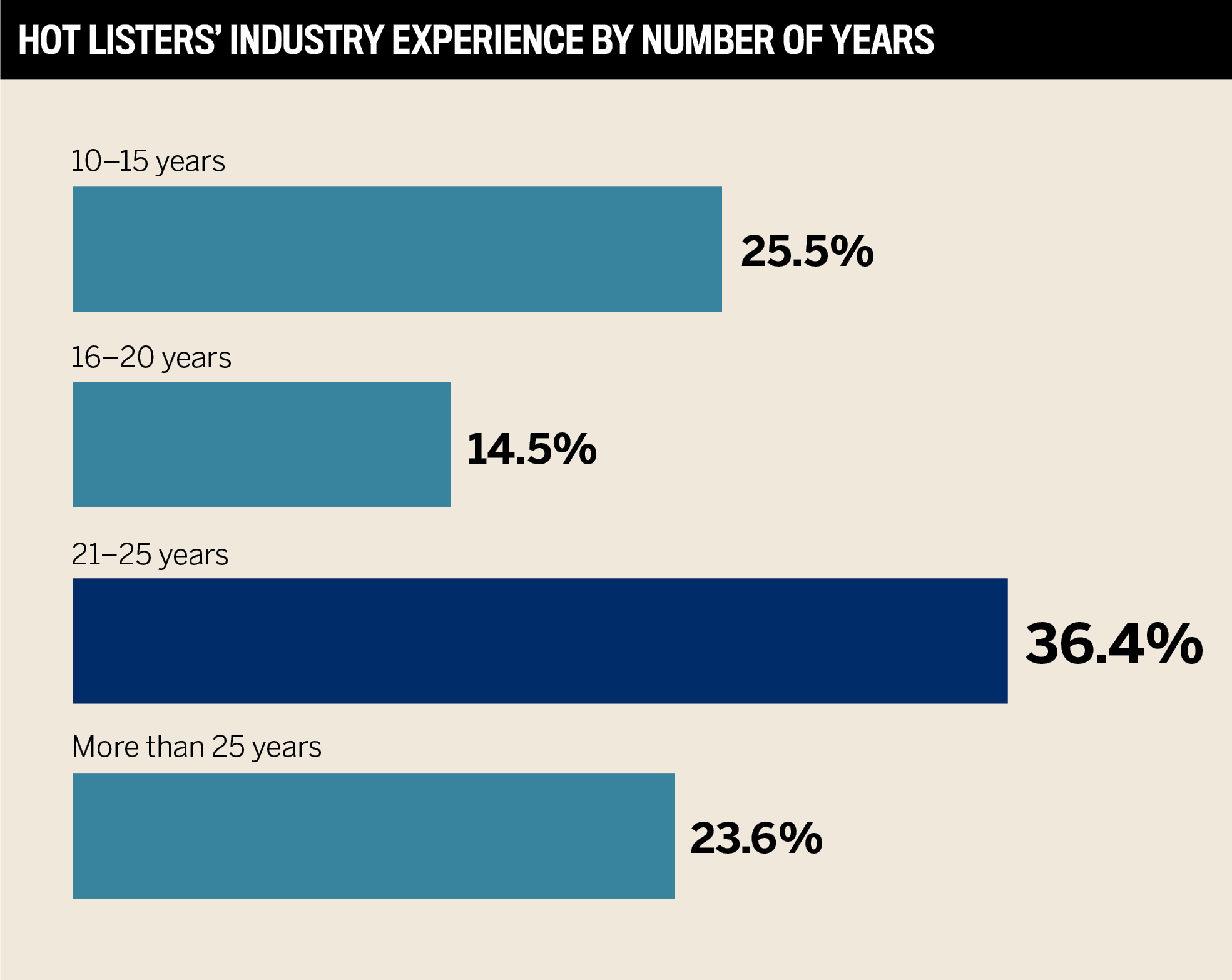
By adopting a people-first ethos, Mansour has radically improved relations between unions and the mining firm, making it one of his top priorities after assuming the role.
In the past, employment was on a casual basis and the company faced a perpetual cycle of hiring, training and inductions. This was the byproduct of the firm having a limited HR strategy with industrial and employee relations outsourced to a law firm.
“That law firm is very good, but every issue was done in isolation, and it was costing the business about $6 million a year,” says Mansour. “The unions were very anti-Anglo American because we used a lot of casual employment, which meant people would come and go, resulting in very high turnover rates and millions in operational costs incurred. At any given point in time, we would have 30 or 40 disputes going through the courts.”
This prompted Mansour to formulate a permanent labour model. Initially, operational costs did go up, but delivered long-term rewards as within the last two years, Anglo American has seen:
an improvement in labour utilisation of 25%
a reduction in turnover rates from 28% to 7.5% in 2024
Anglo American also successfully negotiated seven enterprise bargaining agreements with four different unions without any strikes – a feat never achieved before.

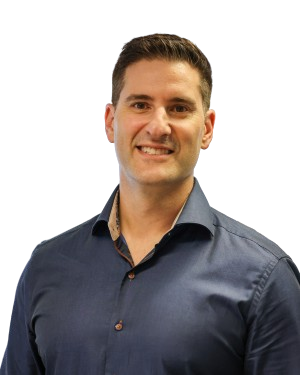
“In this last year alone, we’ve set an Australian record since enterprise bargaining with unions came into Australia. No business in Australia has ever achieved that before,” he says. “We moved away from having an adversarial relationship with our unions to a co-existence model. We may not always agree, but we deal with them pragmatically and respectfully.”
Mansour has also modernised the employee value proposition by addressing the issue of gender pay inequality and implementing a consistent program to ensure appropriate pay.
Another part of his job is to operate essentially as a mayor because Anglo American operates in three towns in Queensland.
“I look after all the facilities, management, housing, accommodation, people, logistics, charter flights, and including all the camps which have chefs and cleaners, it’s about 350 people,” he says.
Again, Mansour felt things weren’t what they should be and led an overhaul.
“The standard of the accommodation wasn’t what it should have been and we wanted it to be better, to show more respect to our people.”
Over the last two years, around $50 million has been invested to fix up the accommodation along with facilities to provide better food, plus more comfortable bedding and entertainment options.
He says, “It’s really trying to create that home away from home for people, so they feel like they’re truly valued and they’re not just a number. It’s had a huge impact.”
“People practices should enable and enhance key drivers of an organisation to drive tangible, quantitative value,” King states.
At CMR, the HR executive oversees two distinct employee sets:
internal group
temporary locum group
This requires a unique challenge of tailoring HR strategies to support and monitor the different issues facing each employee group.
“The locum group work in the healthcare space across nursing, aged care, doctors and allied health, has been experiencing staff shortages for some time, along with an ageing population and challenges around fatigue or burnout,” she says.
“Our internal group is a mixture of sales and support teams, focused on identifying and placing healthcare workers with our clients, and challenges are similar to many organisations in Australia of facing a competitive talent landscape.”


Since joining in 2023, King has implemented a range of initiatives including:
Support Team Awards – It was identified that recognition was only focused on the sales team, so this scheme was introduced for team members who enable sales teams’ success. Nominations are centred around demonstrating company values or contribution to growth or strategy.
Feedback with the Founders – As the business has grown, the owners have had limited opportunity to connect with internal team members. Sessions are set up for specific groups (e.g., remote workers and employees with particular tenure) to seek feedback and suggestions to enhance the employee experience.
Employee Advisory Group (EAG) – A gap was identified in the locum group’s feedback loop, so expressions of interest were sought to join the EAG, who meet to provide insight, feedback and suggestions on topics such as onboarding, professional development, safety and travel/accommodation.
Surveys – Previously, locums had not been surveyed and now their feedback is sought bi-annually. With response rates above one third, data has been analysed to inform decisions related to their experience, with engagement consistently holding above 90%.
Probation Pulse Checks – To supplement existing probationary reviews, these checks were suggested for implementation at the four-month mark. Set up as a 15-minute stand-up meeting, these discussions enable a decision to be made, whether the employee’s performance is considered green (no action), amber (action plan compiled to lift performance) or red (consider concluding employment), thereby reducing post-probation performance management.
King also displayed her ability to spot an issue and solve it. This came via her Location Guide for locums as feedback showed they wanted more information about placement locations before they arrived.
“Everything from which banks operated in the city or town, to the opening times of the supermarket, to whether there was Wi-Fi available and what size the bed was so they could take the correct sized sheets,” says King.
In addition, a partnership with a travel operator has been arranged, where locums can search for tours and activities across Australia at discounted rates to maximise their time in a location and potentially be able to do some sightseeing during their downtime.
King adds, “HR’s role is to develop and implement strategies, which underpin the company’s strategic plan and amplify employees’ capability to deliver strong results.”
As an advocate of a flexible and inclusive working environment, Jones says, “An inclusive and diverse culture means creating an environment where individuals feel respected, supported, and empowered to bring their authentic selves to work.”
In August 2023, Jones and her team announced HR initiatives such as a dedicated paid reproductive leave scheme, a pioneering policy that gives employees up to 10 days leave per year for IVF treatments, chronic reproductive health issues, and preventative screenings. Additionally, Gallagher Bassett’s existing primary and secondary leave programs saw an increase of 16 weeks and two weeks, respectively.
Both are designed to encourage care for their people and their loved ones, and were also partly motivated by the banking, finance and insurance industry being male-dominated historically.


“While this dynamic is evolving, we recognise our responsibility to address systemic factors that contribute to the gender pay gap. These initiatives were designed to provide meaningful support for our employees during significant life milestones, aligning with our commitment to fostering equality and wellbeing,” says Jones.
The initiatives not only offered support to some employees but also boosted others’ morale.
Jones says, “Even those who do not intend to access these benefits have expressed appreciation for the company’s focus on employee wellbeing and inclusivity. These initiatives have reinforced our culture of care and trust, contributing to higher employee engagement and satisfaction.”
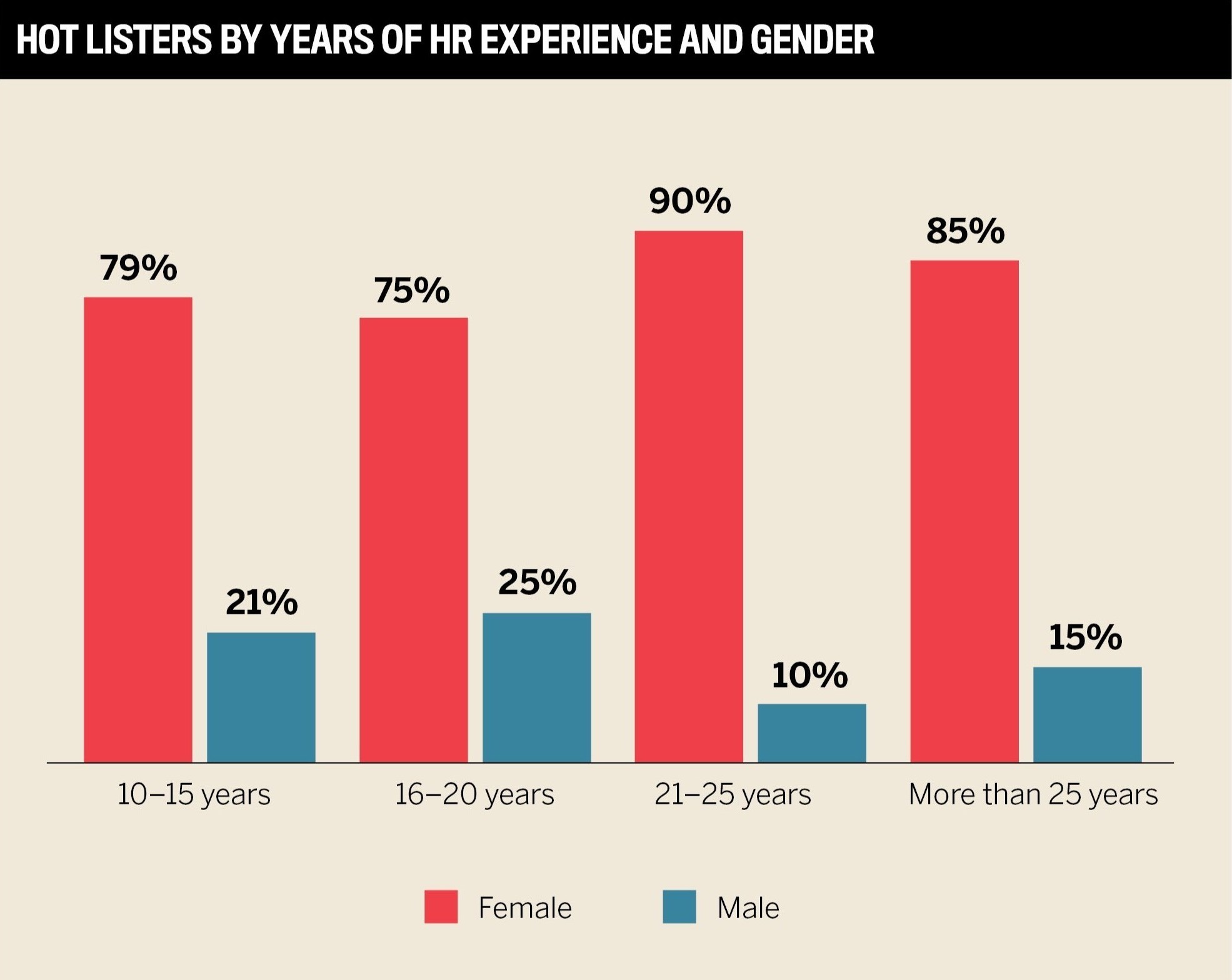
The HR executives honoured on 2025’s Hot List share some of the pressing challenges they faced in the past 12 months and what course of action they followed.
The pharmaceutical industry’s generic market continues to be highly challenging, and the cost of manufacturing in New Zealand added further pressure.
She says, “To navigate these challenges, we prioritised process improvement and leveraged technology to enhance efficiency and reduce costs. Diversification has been a critical strategy, enabling us to adapt to market demands while staying focused on our core priorities. By aligning our people strategies with these business imperatives, we ensured our workforce remains agile, engaged and capable of supporting the organisation’s evolving needs.”
His leadership was put to the test in June 2024 when an underground coal gas ignition incident occurred at Grosvenor Mine in Queensland, resulting in its closure. It impacted 600 permanent employees and 700 contractors, but Mansour and his team made sure that no jobs were lost. The permanent employees were given jobs across Anglo American’s six other sites. The HR and IT teams created a bespoke web-based jobs hub to connect the impacted contractors with job openings from other mining companies in Queensland.
Mansour says that having positive union relationships helped Anglo American handle the mine disaster from a people-first perspective.
“Instead of the government and the unions running campaigns to close us down in Australia, which is what they did the first time because we had such poor relationships, they actually said, ‘What can we do to help you?’”
“Specifically in relation to fatigue experienced by healthcare workers, we reviewed our benefits program to align our offering with items, which could positively impact on the life of a busy healthcare worker,” she says. Examples of the program inclusions are discounts and offers on FRANKIE4 footwear, supportive footwear for those on their feet for extended periods; Youfoodz and HelloFresh to enable healthy eating when short on time; and KIC, an app providing workouts, meditation and recipes for those who are away from their usual exercise routines.”
It’s been demanding to maintain a connected culture in a hybrid working environment.
“At Gallagher Bassett, we have leaned into this challenge by continuing to commit to flexible work arrangements, while equally focused on initiatives that engage and connect our people whether they’re in the office or working from home,” says Jones. “Some of the strategies included ensuring our people had multiple opportunities or channels through which they could receive a consistent message or experience, and prioritising in-person recognition or social initiatives. We also completed an internal policy review and launched two new leave initiatives to better support the modern needs of our workforce.”
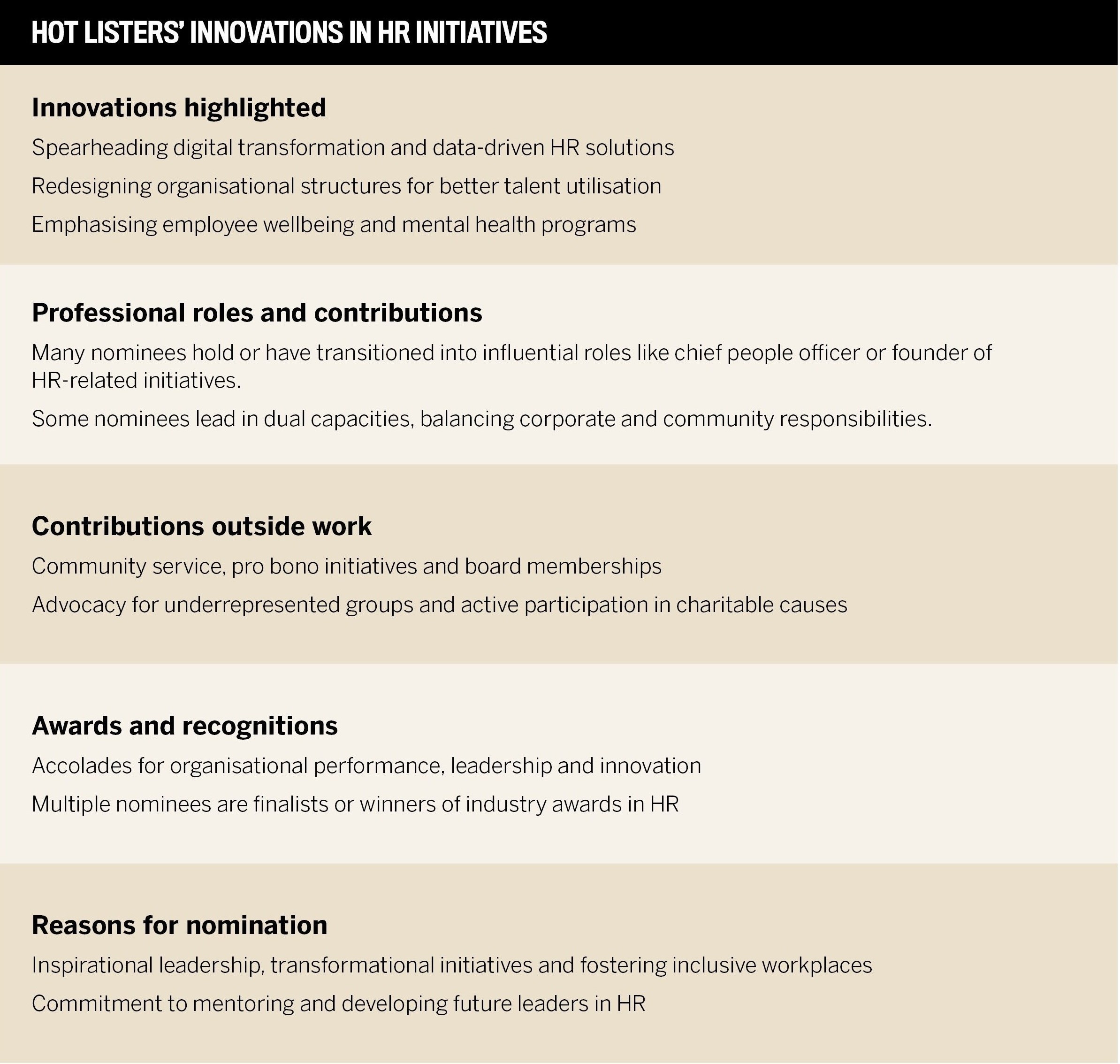
In September 2024, the HRD Australia and New Zealand team conducted a survey of the ANZ HR sector to identify the most influential leaders who had made significant contributions to the industry over the past 12 months. To qualify for nomination, candidates needed to hold an HR director or similar position and have at least 10 years of HR experience.
The survey aimed to highlight individuals who had spearheaded new HR initiatives and elevated the role of HR within their organisations. Previous awards won by the candidates were also considered. At the conclusion of the research, 55 key leaders were selected for their leadership, innovation and industry contributions.